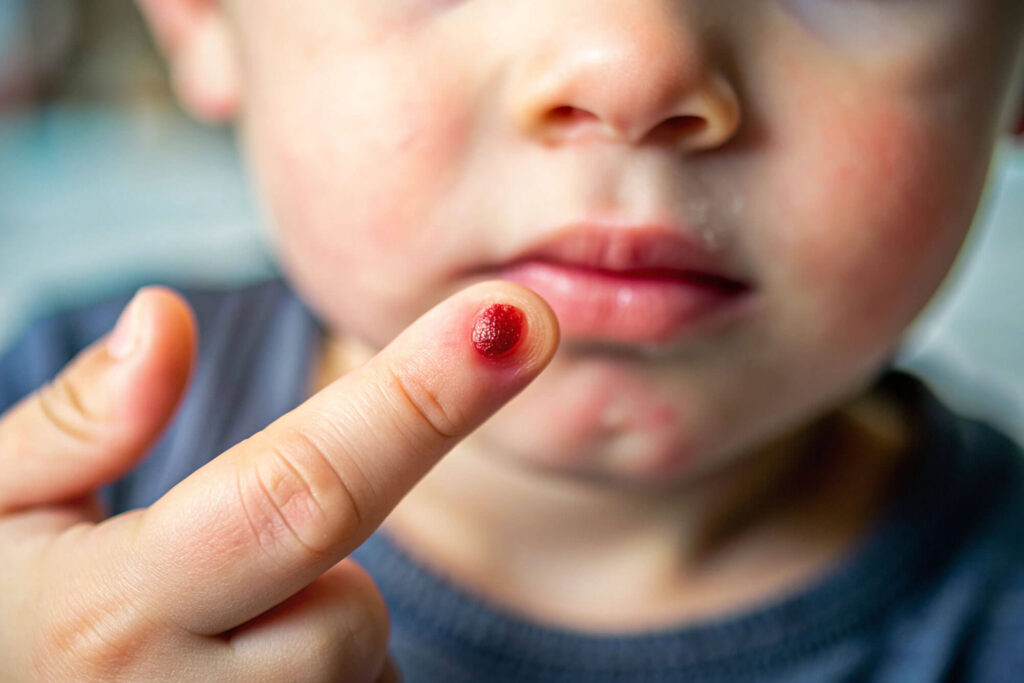What is jaundice?
Jaundice is a common condition in newborn babies, characterized by the yellowing of the skin and of the white regions of the eyes. The condition occurs when bilirubin (yellow pigment produced by the breakdown of red blood cells in the liver) accumulates as the newborns’ still maturing liver is not capable of processing and removing it from the body fast enough. Mild jaundice is commonly seen in most newborn babies and typically resolves in a week or two. It may also occur with premature birth, blood type mismatch between the mother and baby, insufficient breast milk, bruising or other internal bleeding at birth, enzyme deficiency, infection, liver malfunction, or abnormal red blood cells. If your child has jaundice, you might want to contact a gastroenterologist, and you can find a local expert near you through GI Alliance.

What are the symptoms of jaundice?
Symptoms of severe jaundice include a fever above 100°F, deepening of the yellow color, poor sucking or feeding, sleepiness, and high-pitched crying. The severity of jaundice cannot be determined just by visual examination, so your doctor usually orders a blood test to measure the levels of bilirubin. Other tests may be ordered, such as blood type, red blood cell count, and Rh incompatibility to confirm an underlying condition.
How is jaundice treated?
Depending on the severity of jaundice, the condition can be treated in a variety of ways. Treatment involves frequent feedings (8 to 12 times per day). Severe cases may require phototherapy, which uses a blue spectrum light to break down bilirubin, and blood transfusion, to replace the damaged blood with healthy blood cells. If your infant has extremely high levels of bilirubin and phototherapy has not effectively treated their condition, they may require a blood transfusion. During a transfusion, blood from a matching donor that does not contain bilirubin will be given to your infant. After several hours, the infant’s blood can be tested to see if the transfusion was successful.

